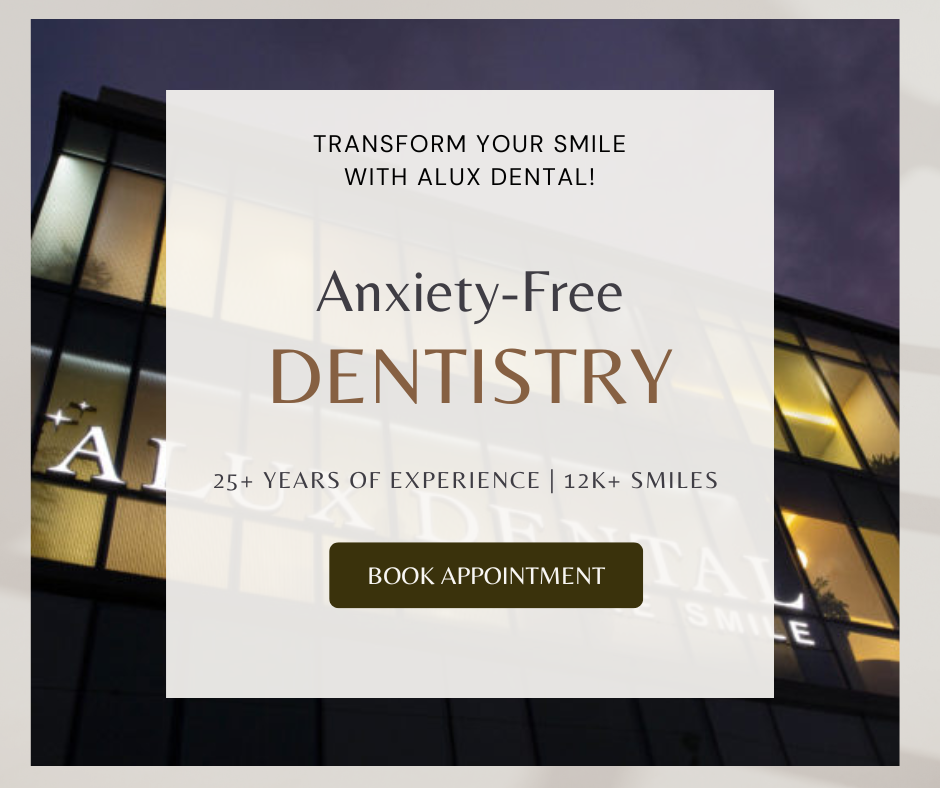The nexus between Teeth Grinding & Sleep Apnea

Regardless of the season, now is an excellent time to reassess our sleeping habits. Some individuals, despite how many good sleep practices they exercise, nonetheless have poor sleep quality and wake up weary. If you’re still having difficulties sleeping even after practicing near-perfect sleep hygiene, you may have a sleep disorder.
Chronic sleep issues affect millions of individuals worldwide. Teeth grinding, also known as bruxism, is a widespread sleep condition that affects about 31% of the population. Many individuals are unaware that teeth grinding is sometimes caused by untreated sleep apnea. Sleep apnea occurs when the throat muscles restrict the airways and olfactory canals, leading you to asphyxiate for brief periods during sleep.
As per the National Sleep Foundation, “almost one-quarter of patients with obstructive sleep apnea grit their teeth at night, with men being more likely to be afflicted.”
Adults’ Sleep Apnea with Teeth Grinding Symptoms
You are most possibly smashing your teeth at night if you regularly wake up with headaches, earaches, weary, tense jaw muscles, or vulnerable teeth. Wear and tear on your teeth, as well as changes in the form of your teeth, can all be signs of bruxism.
Sleep apnea is a little more difficult to identify. The following are some of the most prevalent symptoms of sleep apnea:
- Loud snoring
- Feeling fatigued even after a full night’s sleep and being excessively sleepy during the day (hyper insomnia)
- Having difficulty sleeping (insomnia)
- Having a dry mouth, hoarse throat, or headache when you wake up
- Occasionally waking up breathless or short of breath
- Frequently waking up to use the restroom
- Problems with attention, focus, and memory
- Excessive temper and mood fluctuations
Sleep apnea, if left untreated, can lead to additional major health problems such as type 2 diabetes, gastroesophageal reflux, poor immune response, mental health problems, memory loss, and a higher likelihood of stroke or heart failure.
Nighttime teeth grinding can shatter, loosen, or wear down teeth, enamel, crowns, and fillings over time, in addition to the symptoms of a sore and fatigued jaw, migraines, and sensitive teeth.
The good news is that there are various home treatments you may attempt to help overcome sleep apnea as well as teeth grinding, hence increasing your quality of sleep.


